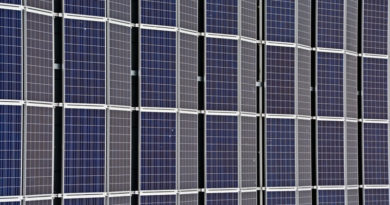Maruti Suzuki launches Rs 450 crore renewables’ plan; unveils biogas plant in Manesar
The pilot plant is expected to produce 0.2 tonnes of biogas daily, aiming for a total output of around 1 lakh standard cubic metres of biogas in FY25.

Maruti Suzuki India has launched a pilot biogas plant at its Manesar facility, with a commitment to invest Rs 450 crore in renewable energy initiatives over the next three years, starting this fiscal year. The pilot plant is expected to produce 0.2 tonnes of biogas daily, aiming for a total output of around 1 lakh standard cubic metres of biogas in FY25. This will help offset approximately 190 tonnes of carbon dioxide annually.
The plant will utilize food waste from canteens and Napier grass as raw materials. The generated biogas will power manufacturing processes at the Manesar facility, while the leftover organic manure will be used in horticulture, achieving a zero-discharge model.
In FY24, Maruti Suzuki invested Rs 121 crore in renewable energy projects, including solar power and biogas.
“Energy is a critical input in the manufacturing process. As we increase our production capacity from about 2 million to 4 million by 2030-31, we are also intensifying our efforts to incorporate more sustainable and renewable energy sources across our operations. This aligns with Suzuki’s Environment Vision 2050 and the Indian government’s renewable energy focus,” stated Hisashi Takeuchi, Managing Director and CEO of Maruti Suzuki India.
“The biogas plant at Manesar is another step towards promoting a cleaner and more sustainable energy landscape at Maruti Suzuki and in the industry as a whole. Just as we are integrating multiple technologies into our products, we will also focus on diverse renewable energy sources to make our operations greener,” he added.
Recently, Maruti unveiled a version of its variant WagonR that would run on ethanol signifying the company’s efforts to delve into sustainability. Last year, R C Bhargava, Chairman Maruti Suzuki, held that that ethanol based or hydrogen based vehicles are better than electric vehicles as they arrest more carbon footprints.




